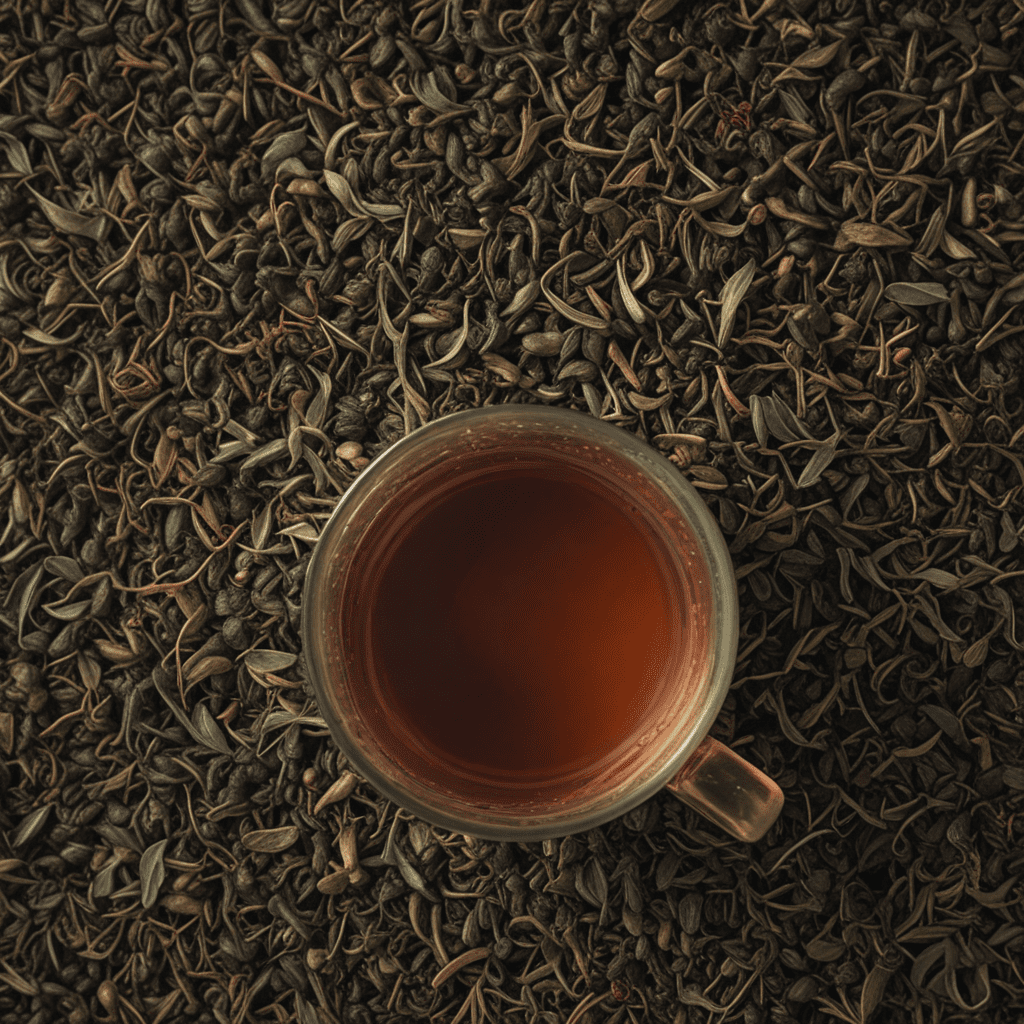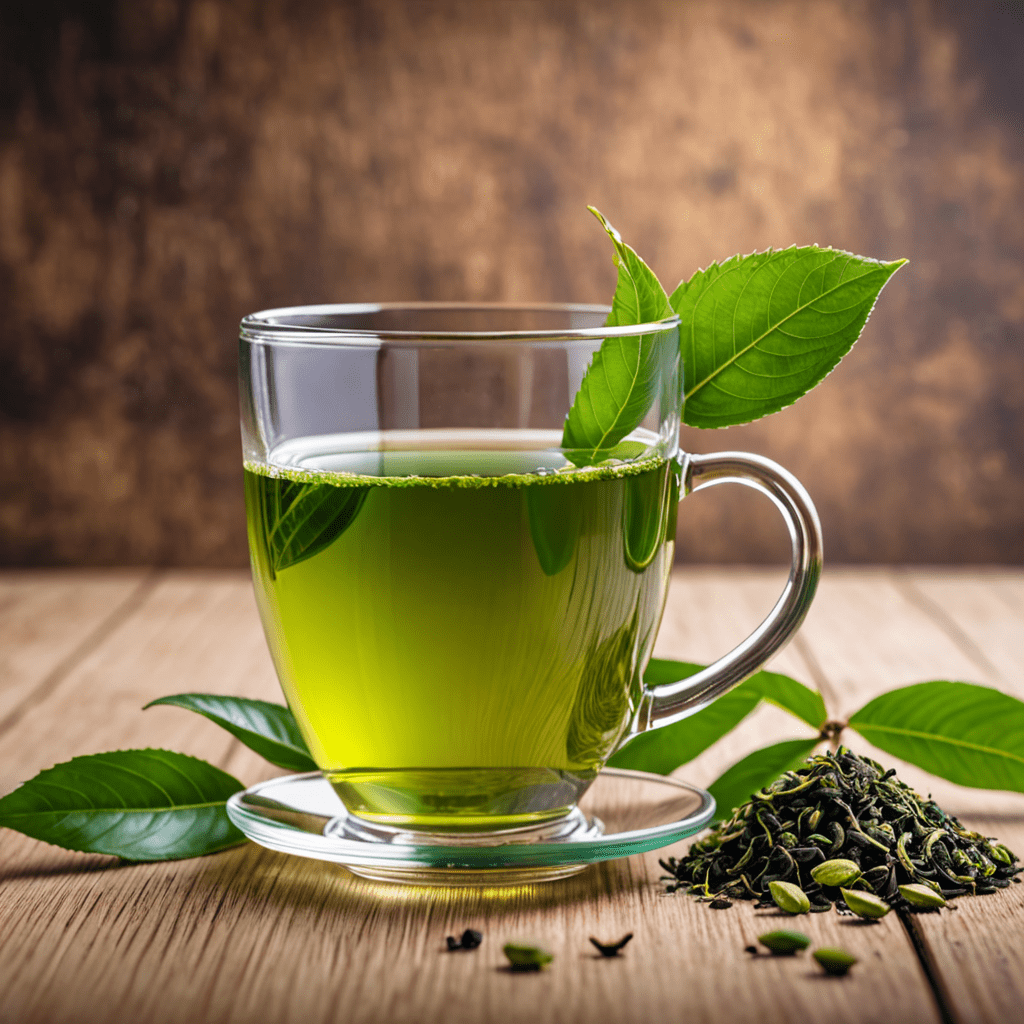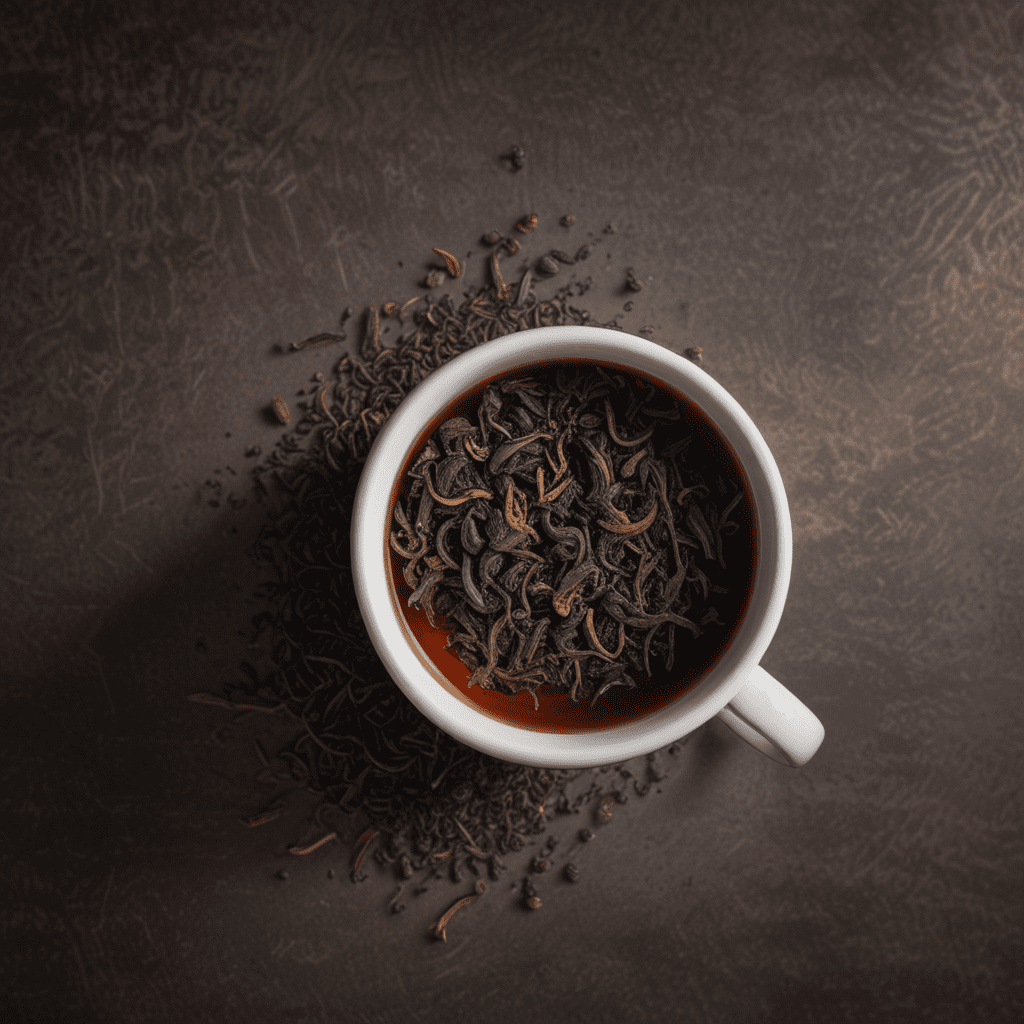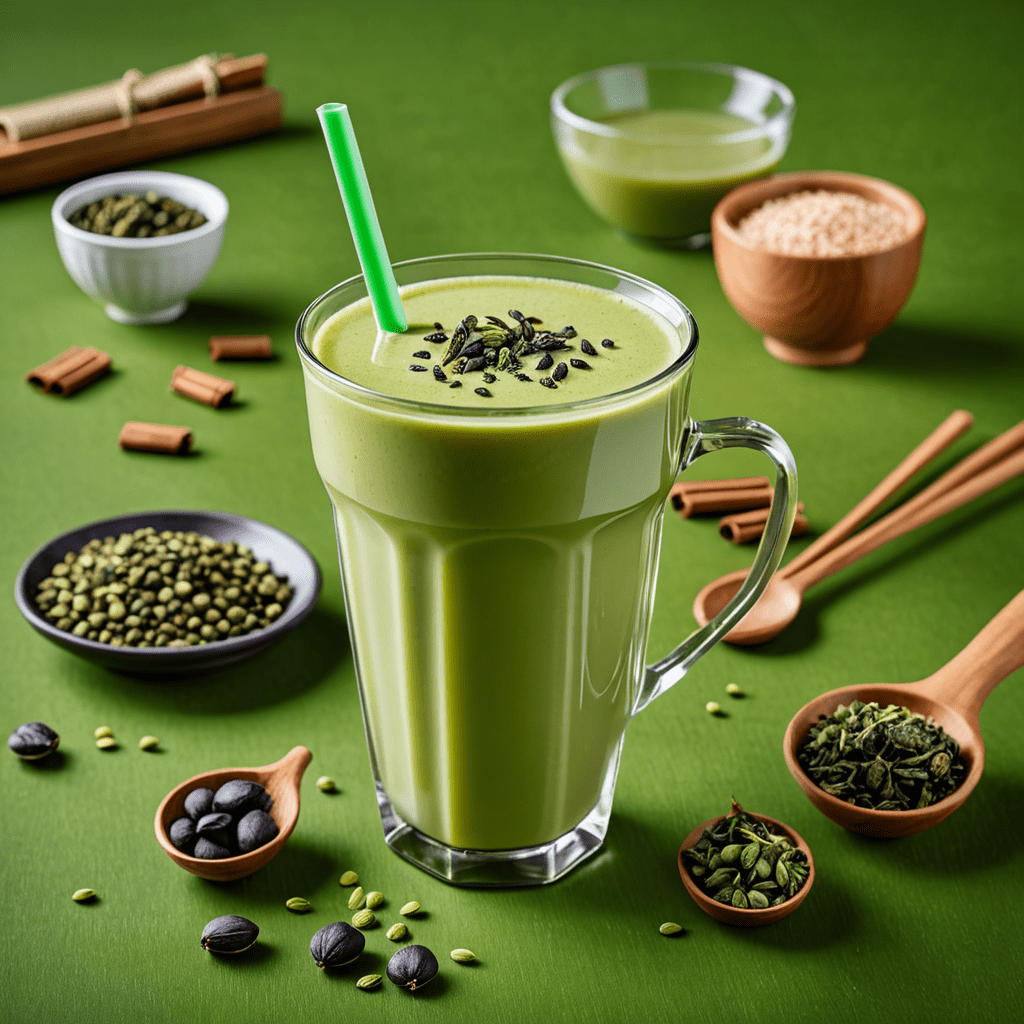Assam Tea: The Essence of Assam's Terroir
Introduction: The Assam Tea Legacy
Assam tea, a world-renowned delicacy, embodies the essence of Assam's terroir. This rich, flavorful beverage has captivated tea enthusiasts for centuries, its distinctive character rooted in the unique growing conditions of the Brahmaputra Valley.
The Brahmaputra Valley: A Unique Growing Region
The Brahmaputra Valley, located in northeastern India, is a tapestry of lush landscapes and fertile soils. This region is blessed with an abundance of rainfall, creating an ideal microclimate for tea cultivation. The mighty Brahmaputra River, which meanders through the valley, provides a vital source of water and nutrients, nurturing the tea plants.
Soil Characteristics: Nurturing the Tea Plants
The soil of the Brahmaputra Valley is a fertile alluvial terrain, rich in organic matter and essential minerals. These nutrients, combined with the ample rainfall, provide the perfect foundation for tea plants to thrive. The soil's unique composition imparts a distinct flavor and aroma to the resulting tea leaves, contributing to the character of Assam tea.
Climate Conditions: Shaping the Flavors and Aromas
The climate of the Brahmaputra Valley is characterized by hot and humid summers, followed by mild winters. The high temperatures during the growing season accelerate the development of the tea leaves, resulting in a bold, full-bodied flavor. The humidity promotes the growth of beneficial microorganisms in the soil, which further enhances the tea's complexity.
Assam Tea Plantations: A Journey into Lush Landscapes
Assam tea plantations are a sight to behold, with sprawling rows of tea bushes blanketing the rolling hills. These plantations are meticulously managed, employing traditional and innovative techniques to ensure the highest quality tea leaves. Visitors to the plantations can immerse themselves in the beauty of these lush landscapes and witness firsthand the dedication of the tea growers.
6. Processing Methods: Honoring Tradition and Innovation
Assam tea is processed using a combination of traditional and innovative methods, each contributing to its distinctive character. The harvested tea leaves undergo a series of steps, including withering, rolling, fermentation, and drying, which transform their fresh, grassy notes into the rich, malty flavors that define Assam tea.
7. Assam Tea Varieties: Exploring Diverse Flavors
Assam tea encompasses a diverse range of varieties, each boasting its unique flavor profile. Some of the most popular include:
- Assam CTC: A robust, full-bodied tea with a strong, malty flavor, perfect for brewing a hearty morning cup.
- Assam Orthodox: A more delicate and aromatic tea, with a smooth, malty flavor and floral undertones.
- Assam Green Tea: A refreshing and invigorating tea with a light, grassy flavor.
8. Health Benefits of Assam Tea: A Natural Elixir
Assam tea is not only a flavorful beverage but also a source of numerous health benefits. Its high antioxidant content helps protect against cell damage, while its caffeine content provides a gentle boost of energy. Studies have also suggested that Assam tea may improve cognitive function, reduce inflammation, and lower cholesterol levels.
9. Assam Tea Industry: A Vital Economic Force
The Assam tea industry is a vital part of the state's economy. It provides employment to thousands of people and contributes significantly to the region's GDP. The industry is also an important source of foreign exchange, with Assam tea exported to over 100 countries worldwide.
10. Conclusion: The Enduring Charm of Assam Tea
Assam tea, with its rich history, unique terroir, and diverse flavors, continues to captivate tea enthusiasts around the globe. Its enduring charm lies in its ability to transport its drinkers to the lush landscapes of the Brahmaputra Valley, where tradition and innovation intertwine to create a beverage that is both invigorating and comforting.
FAQ:
What is the difference between Assam CTC and Assam Orthodox tea?
- Assam CTC is a robust, full-bodied tea produced using a machine-rolling process, while Assam Orthodox is a more delicate and aromatic tea produced using a hand-rolling process.
What are the health benefits of Assam tea?
- Assam tea is high in antioxidants, which protect against cell damage, and contains caffeine, which provides a gentle boost of energy. It may also have benefits for cognitive function, inflammation, and cholesterol levels.
How should I brew Assam tea?
Assam tea can be brewed using a variety of methods, including loose-leaf brewing, tea bags, or a French press. The optimal brewing temperature is between 195-205°F (90-96°C), and the steeping time should be between 3-5 minutes, depending on the desired strength.



